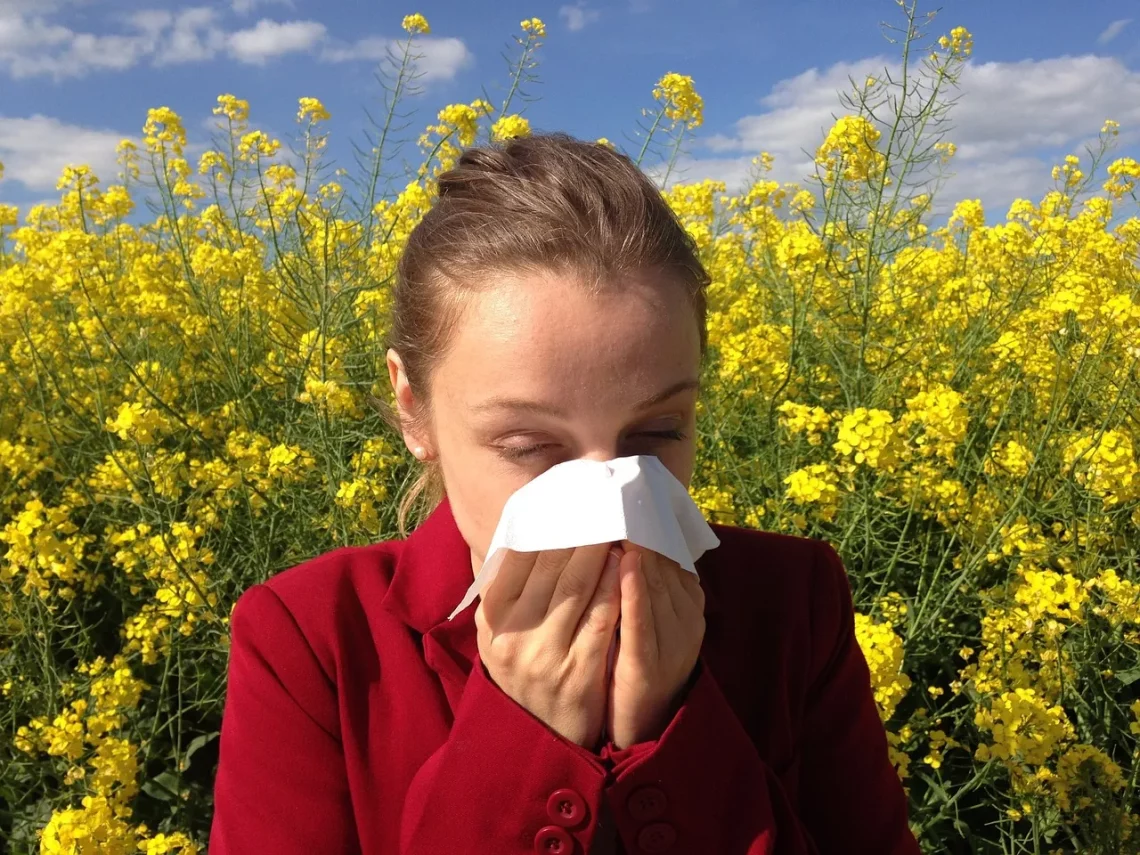
Understanding Canine Allergies: Causes and Coughing Solutions
Understanding Canine Allergies: Causes and Coughing Solutions
When it comes to our furry companions, understanding their health is crucial. Dogs, like humans, can suffer from various allergies that manifest in multiple ways, including skin irritations, digestive issues, and respiratory problems. Allergies in dogs can stem from a variety of sources, including environmental factors, food ingredients, or even certain medications. Recognizing the signs of allergies is essential for pet owners, as it allows for timely intervention and better overall health for their beloved pets.
One common yet often overlooked symptom of canine allergies is coughing. While a cough can be attributed to many causes, it is frequently a signal that something is amiss. Allergies can lead to inflammation in the respiratory system, making it difficult for dogs to breathe comfortably. As pet owners, it is vital to be aware of the potential triggers that can lead to these allergic reactions and the coughing that may accompany them. Understanding the underlying causes will not only help in managing symptoms but also improve the quality of life for our four-legged friends.
In this article, we will delve into the different types of canine allergies, the signs and symptoms to watch for, and effective solutions to alleviate coughing and other discomforts associated with these conditions.
Types of Allergies in Dogs
Dogs can develop allergies to a wide range of substances, and these allergies can be broadly categorized into three main types: environmental allergies, food allergies, and contact allergies. Each of these categories presents its own set of challenges and symptoms.
Environmental allergies, often referred to as atopy, are triggered by airborne allergens such as pollen, dust mites, mold spores, and even certain types of grass. These allergens can cause inflammation in the respiratory system, leading to symptoms like coughing, sneezing, and nasal discharge. Dogs with environmental allergies may also exhibit skin irritations, such as itching and redness, as allergens can affect both the respiratory and dermal systems.
Food allergies, on the other hand, occur when a dog’s immune system reacts negatively to specific ingredients in their diet. Common culprits include proteins like chicken, beef, or dairy, as well as grains such as wheat and corn. Symptoms of food allergies can vary widely, ranging from gastrointestinal issues like vomiting and diarrhea to skin problems and respiratory distress, including coughing.
Contact allergies arise when a dog’s skin comes into direct contact with an allergen. This can include certain fabrics, chemicals in cleaning products, or plants like poison ivy. While the most noticeable symptoms of contact allergies are often localized skin reactions, they can also contribute to respiratory issues if the irritants are inhaled.
Understanding the specific type of allergy affecting your dog is crucial for effective management and treatment. Identifying potential allergens can require careful observation and sometimes even veterinary testing. In many cases, a process of elimination, dietary changes, or environmental modifications can help to pinpoint the triggers and alleviate your dog’s discomfort.
Common Symptoms of Canine Allergies
Recognizing the symptoms of allergies in dogs is essential for prompt treatment and management. Although coughing is a significant indicator, it is important to be aware of other signs that may accompany allergic reactions.
One of the most common symptoms of allergies is itching. Dogs may scratch, bite, or lick their skin excessively, leading to redness, swelling, and even secondary infections. This itching may be localized to specific areas or may affect the whole body. Often, dogs will focus on areas such as their paws, ears, or belly, where the skin is thin and more susceptible to irritation.
In addition to itching, dogs may experience gastrointestinal issues as a response to food allergies. Symptoms such as vomiting, diarrhea, and bloating can indicate that your dog is reacting negatively to a particular ingredient in their diet. These digestive issues can exacerbate discomfort and lead to further complications if not addressed promptly.
Respiratory symptoms, including coughing, sneezing, and nasal discharge, are also prevalent in dogs with environmental allergies. Coughing can be particularly concerning for pet owners, as it may indicate inflammation or irritation in the airways. Dogs may cough as a reflex to clear their throats or lungs of allergens, and persistent coughing should not be ignored.
Other signs of allergies can include watery eyes, excessive ear wax, and behavioral changes such as increased irritability or lethargy. If you notice any combination of these symptoms, it is crucial to consult with a veterinarian for a thorough examination and diagnosis.
Effective Solutions for Managing Allergies and Coughing
Managing canine allergies and addressing the resultant coughing requires a multifaceted approach. Depending on the type of allergy diagnosed, solutions can vary widely, but there are several general strategies that pet owners can consider.
First and foremost, identifying and eliminating the source of the allergen is key. For environmental allergies, this may involve keeping your home clean and free of dust and pollen. Regularly washing your dog’s bedding, using air purifiers, and limiting outdoor exposure during peak pollen seasons can significantly reduce allergen exposure. For contact allergies, it is important to avoid known irritants and opt for hypoallergenic cleaning products and bedding materials.
In cases of food allergies, a veterinarian may recommend an elimination diet to determine which ingredients are causing the adverse reaction. This process involves feeding your dog a limited ingredient diet for several weeks and gradually reintroducing foods to identify triggers. Once identified, switching to a hypoallergenic or prescription diet can help manage symptoms effectively.
For coughing specifically, it is essential to consult with a veterinarian to rule out other underlying health issues, such as infections or heart disease. In some cases, medications such as antihistamines or corticosteroids may be prescribed to alleviate inflammation and suppress the immune response to allergens. Additionally, natural remedies, like honey or certain herbal supplements, may provide relief, although these should be discussed with a vet before use.
Regular veterinary check-ups are vital for dogs with allergies. Continuous monitoring and adjustments to their treatment plan can ensure that your pet remains comfortable and healthy. Keeping a log of your dog’s symptoms, diet, and any potential allergens they encounter can also be helpful during veterinary visits.
In conclusion, understanding canine allergies, their causes, and effective management strategies is essential for any pet owner. By staying informed and proactive, you can significantly improve the quality of life for your furry friend.
*This article is for informational purposes only and is not intended as medical advice. For any health-related concerns or symptoms, please consult a qualified veterinarian.*




